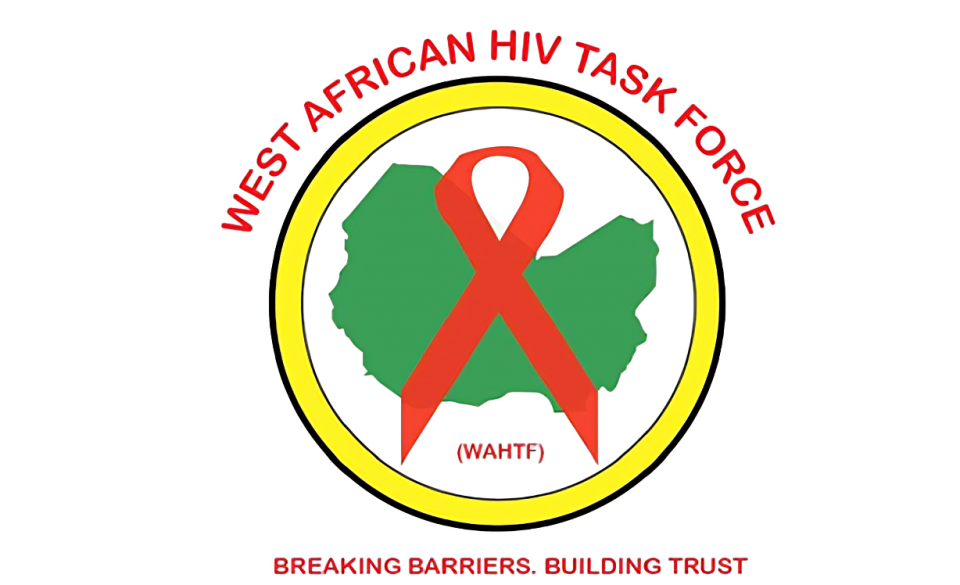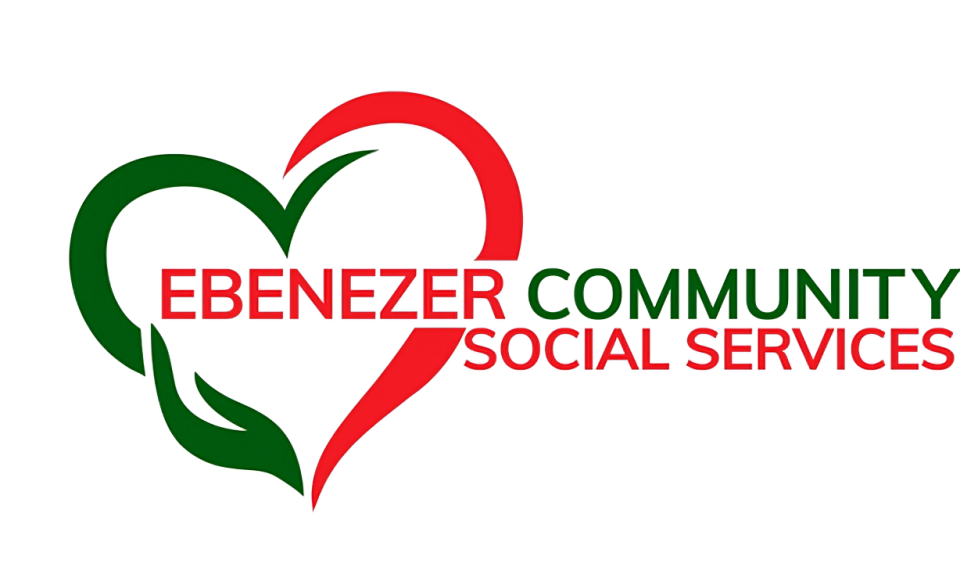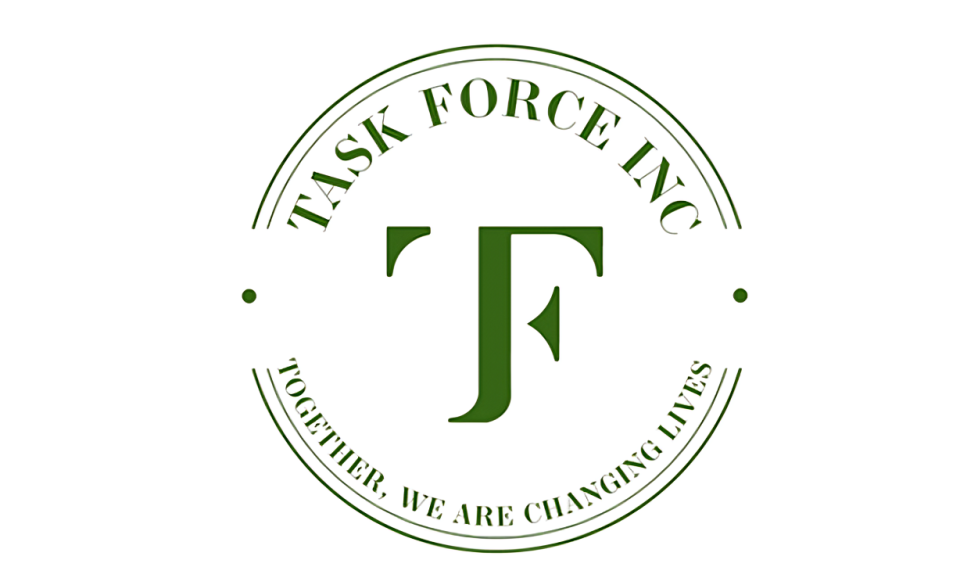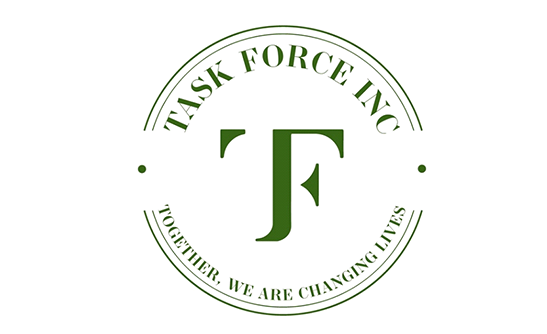WHO WE ARE
Committed to advancing global health equity through
community-led Solutions, evaluation, research and collaboration

Emma Jean Boyce, PhD, MPharm, MS
Epidemiologist/Researcher/Social Justice Advocate
Emma Jean Boyce, Ph.D., MPharm, MS, is an epidemiologist, researcher, public health advisor, and advocate. She is an Adjunct Faculty in the College of Pharmacy at the University of Florida and an Evaluation Lead with Partners In Health – United States. Dr. Boyce earned her BS from Minnesota State University and a doctorate in Public Health with an emphasis in Epidemiology.
She completed a fellowship in disease surveillance systems at the Hennepin County Department of Public Health in Minnesota. She earned her Masters in Cancer Biology and Pharmacy from the University of Minnesota School of Medicine and the University of Florida. During the COVID-19 response, she led evaluation and research design, provided technical guidance and oversight of implementation, and coordinated internal and external evaluation partners for a $9M 3-year CDC CCR2019 grant in partnership with NCDHHS and six non-governmental partners across the state of North Carolina.
Dr. Boley has co-authored peer-reviewed studies in prestigious epidemiology journals, global health and the World Health Organization Bulletin. She has more than 16 years of experience researching health systems in Minnesota, including two years supporting research at eight Partner In Health global locations in Low- Middle-Income Countries (LMICS), including Haiti, Lesotho, Liberia, Malawi, Mexico, Peru, Rwanda, and Sierra Leone while residing in Liberia for two years. She is passionate about using data and research to improve health outcomes for vulnerable communities.
Our Team

Dr. Emma Jean Boyce
Chief Executive Officer

Melvyn Diggs
Software Developer

Epidemiologist

Prince Varney
Monitoring and Evaluation Expert
Where we work
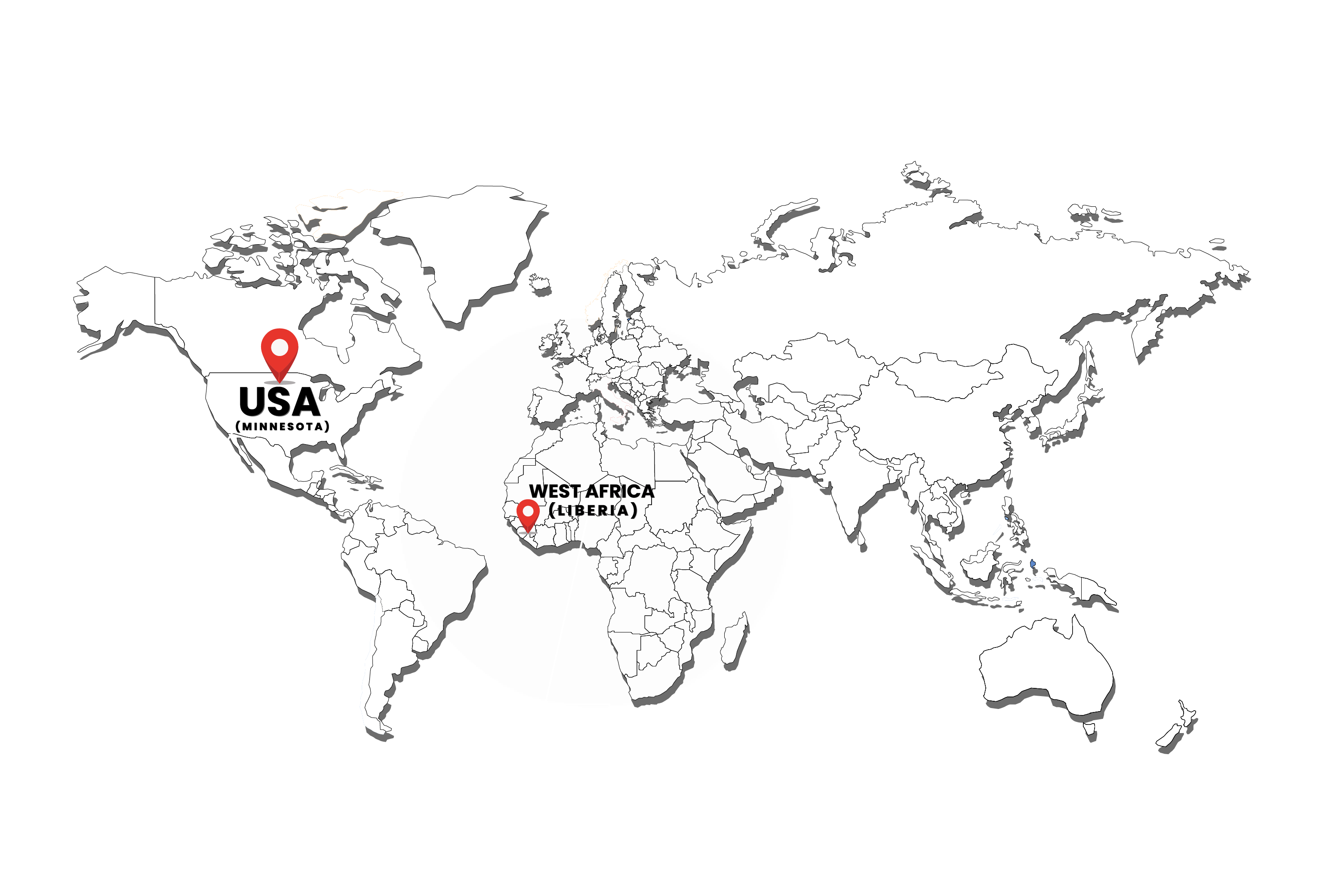
Our Story

Executive Summary
This plan is built upon a clear and actionable Theory of Change, which focuses on empowering underserved communities and fostering collaborations across sectors. By prioritizing six key strategies—Knowledge Sharing, Convening, Partnerships, Community Programming, Evaluation and Research, and Building Community Power—CGHERE ensures that its health interventions are deeply informed by data, responsive to community needs, and designed to deliver sustainable impact.
At the heart of our approach is a strong Strategic Framework that will guide the implementation and scaling of health programs targeting urgent global health challenges, such as maternal and child health, HIV prevention, and mental health. Our framework emphasizes not only direct intervention but also the strengthening of health systems and building long-term resilience in vulnerable communities.
As CGHERE moves forward, we remain steadfast in upholding our core guiding principles of Equity, Justice, Learning, and Impact. These principles are embedded in every initiative we undertake, ensuring that our programs are inclusive, culturally relevant, and focused on delivering measurable and lasting change. By harnessing the power of collaboration, innovation, and local expertise, CGHERE will drive meaningful progress toward achieving health equity on a global scale.
This 2024-2028 Strategic Plan represents CGHERE’s unwavering commitment to creating healthier, more resilient communities by addressing the root causes of health disparities. We invite our partners and stakeholders to join us on this journey toward a world where health equity is not just a goal but a reality for all.

Vision & Mission

Vision
CGHERE envisions a world where health equity is a reality for all, regardless of socioeconomic background, geography, or other social determinants. We envision a future where disparities in health outcomes no longer exist, and all individuals have equal access to high-quality healthcare and opportunities to achieve their full health potential.

Mission
CGHERE’s mission is to create a world where everyone—regardless of background or location—has access to the highest standard of health and well-being. We achieve this by combining research methods, rigorous evaluation, and community-led solutions to influence global health policies, foster community resilience, and inspire sustainable health solutions.
Guiding Principles

Equity
We prioritize health equity in all our programs and initiatives, ensuring that underserved and marginalized populations receive the care and attention they deserve.

Justice
CGHERE is committed to advocating for systemic change to dismantle barriers perpetuating health disparities. We strive to build fair, just, and inclusive health systems.

Learning
Continuous learning and improvement are at the heart of our approach. We engage communities, partners, and stakeholders in exchanging knowledge and best practices, fostering a shared learning environment.

Impact
Everything we do is driven by a focus on measurable impact. We work to ensure that our programs create lasting change, improving the health and well-being of the communities we serve.
Theory of Change
Inputs
resources enable CGHERE to implement its strategic goals effectively:

Funding and Resources
Securing diverse funding streams from grants, philanthropic contributions, and government support to finance operations, programs, and research.

Partnerships
Establishing multi-sector collaborations with governments, global health organizations, academic institutions, community-based organizations, and the private sector to combine expertise and resources.

Community Participation
Engaging local communities at every stage of program development and execution, ensuring that initiatives reflect the unique needs, values, and cultural contexts of the populations they serve.

Research and Technology
Leveraging advanced data analytics, evaluation tools, and health technologies such as REDCap and PowerBI to gather insights, track progress, and optimize health interventions.

Capacity Building
Investing in the education and training of community health workers (CHWs), building local leadership, and strengthening community infrastructure to enhance the delivery of health services

